Gundeldinger Feld: Sustainable urban regeneration in Basel
- Javier Trespalacios
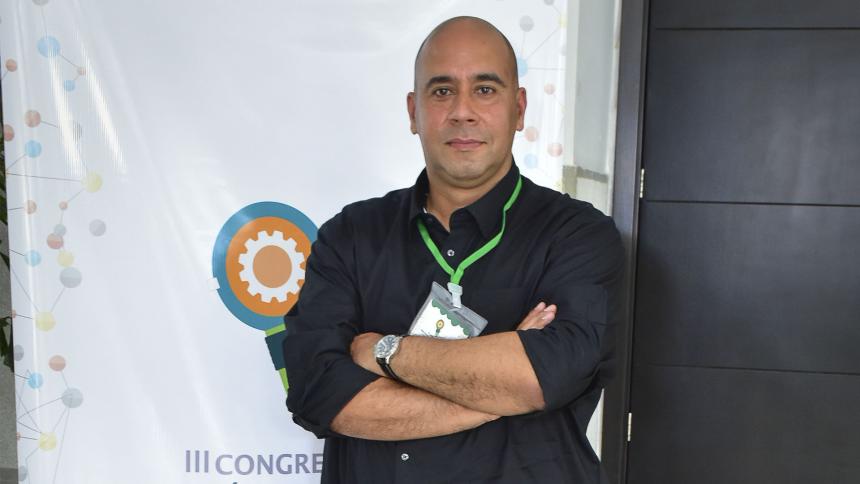
- Sep 20, 2023
- 9 min read
Updated: Sep 12, 2025
In the heart of the Gundeldingen district in Basel, Switzerland, lies Gundeldinger Feld, a former industrial complex transformed into a multifunctional space that houses businesses, cultural entities, and community projects. This place represents a benchmark in sustainable urban regeneration, demonstrating how obsolete industrial spaces can be converted into dynamic centers of social, cultural, and economic activity while respecting historical heritage.
Main entrance view of Gundeldinger Feld (photo: Javier Trespalacios)
History: From Industrial Factory to Community Space
Originally home to the Maschinenfabrik Burckhardt machinery factory, founded in 1876 and dedicated to manufacturing compressors and industrial equipment, this facility was an important source of employment for over a century. In the late 1990s, after merging with Sulzer AG, the company moved its production to Winterthur, Switzerland, leaving vacant a complex of approximately 12,700 square meters (Cabane & Bürgin, 2013).
Map of the site and installed businesses (photo: Javier Trespalacios)
In 2000, Gundeldinger Feld Immobilien AG acquired the land [1], primarily financed by a loan from Alternative Bank Schweiz [2], and with contributions from Stiftung Abendrot, Pensionskasse Basel-Landschaft, and Sozialfondsstiftung des Gewerbes (Alternative Bank Schweiz, 2022; Gundeldinger Feld Immobilien AG, n.d.).
That same year, the company granted the "Kantensprung" collective, formed by architects Barbara Buser, Eric Honegger, Irene Wigger, Pascal Biedermann, and cultural manager Matthias Scheurer, the building rights (Baurecht) to transform the site into a mixed community space. The Christoph Merian Stiftung foundation supported the preparatory phase with a grant (Purpose Schweiz, n.d.; Denkstatt, 2015).
The Transformation Process
The project was based on three fundamental principles: ecological sustainability [3], community participation [4], and economic viability [5] (Binz, Voyame & Müller, 2008). What was remarkable about this project was its "soft transformation" approach, maintaining the original structure of the industrial buildings while adapting the spaces for new uses, preserving the site's industrial history (Grau & Scheurer, 2005).
The transformation process was characterized by:
Architectural preservation: Structural elements and industrial equipment were maintained as historical witnesses.
Material reuse: Utilization of original materials from the site and components recovered from other demolitions, promoting the circular economy.
Energy efficiency: Implementation of thermal insulation systems, heating with wood pellets, and photovoltaic solar panels (Stadt Basel, 2020).
Participatory processes: Planning included community workshops and consultations with residents to define priority uses and needs.
Gradual development: The transformation was carried out in successive phases, adapting to identified needs and available resources.
The physical renovation took place between 2000 and 2005, directed by the collective "in situ" (baubüro in situ ag, 2015). This project was recognized from its inception as a pilot of the 2000-Watt-Gesellschaft (2000 Watt Society), promoting sustainable urban rehabilitation through energy efficiency measures and the use of renewable energy (2000-Watt-Gesellschaft, 2022).
Management Model and Governance
Kantensprung AG —a non-profit corporation— manages the complex, operating with principles of social economy, financial transparency, and reinvestment of profits in maintenance and development (Buser, 2012).
Companies and Institutions Present in Gundeldinger Feld
The site houses more than 70 tenants in its seven halls and eight buildings. Selection is based on criteria of relevance to the neighborhood, integration, and sustainability, generating a mix of activities throughout the day. In the morning, children arrive at kindergarten and approximately 200 workers; at noon, visitors come to the restaurants; in the afternoon, leisure facilities are used; and in the evening, cultural events are held (baubüro in situ, n.d.). Notable tenants include:
Social and Educational Organizations:
EcoSolidar: Non-governmental organization that promotes sustainable development initiatives internationally, focusing on ecological agriculture, fair trade, and food sovereignty.
FAZ Familienzentrum Gundeli: Family center offering comprehensive services including daycare, parent counseling, recreational activities, and educational workshops.
Ecole Française de Bâle: Multicultural educational institution.
Musikschule Gundeldinger Feld: Music school for all ages.
Environmental Organizations:
Pro Natura: Organization dedicated to environmental protection.
Kantensprung AG y Kantensprung Stiftung: Entities committed to sustainable urban development.
Pyronet: Company specializing in energy efficiency solutions and sustainable heating systems.
Idee und Klang: Audio studio combining creativity with eco-efficient technologies.
Welfare and Social Support Services:
Spirit Studio Pilates – Yoga – Personal Training: Company focused on physical and emotional well-being.
Mobile Basel, begleitetes Wohnen: Institution dedicated to providing assisted housing solutions and social support for vulnerable groups.
Verein Kunsttherapie: Association that uses art as a therapeutic tool.
Gastronomy and Accommodation:
Restaurant Werk 8: Established in 2009 in the former assembly hall of the factory, this restaurant combines gastronomy, culture, and socialization.
Industrial image of Restaurant Werk 8 (photo: Javier Trespalacios)
Hotel Gundeldinger Feld: Boutique hotel with themed rooms designed by local artists.
Basel Backpack (photo: Javier Trespalacios)
Social Sustainability and Collaborative Economy Initiatives
Gundeldinger Feld stands out for its initiatives in the collaborative economy:
Leseecke [6]: Corner dedicated to the free exchange of books (Gundeldinger Feld, 2022).
Space dedicated to the free exchange of books (photo: Javier Trespalacios)
Bio-Klappe [7]: Collection point for organic waste that is transformed into compost (Kantensprung AG, 2022).
Collection point for organic waste that is transformed into compost (Kantensprung AG, 2022)
Food Sharing Basel [8]: Initiative against food waste through the redistribution of surplus food still suitable for consumption.
Distribution point, accessible 24 hours (photo: Javier Trespalacios)
Gundeli-Markt: Weekly market of local products held every Wednesday.
Industrial Heritage: The Kauenkörbe
The Kauenkörbe [9] —hanging metal baskets similar to round cages— were used by miners and workers to store their work clothes. Suspended from the ceiling by chains and pulleys, they saved space, ventilated the garments, and protected them. In the complex, they are preserved as testimony to the working-class past, symbolizing the transition from a production space to one of collective creation.
Kauenkörbe hanging metal baskets of the miners (photo: Javier Trespalacios)
Benefits for the City and Its Inhabitants
The transformation has driven the revitalization of the Gundeldingen district. According to RealAdvisor data, in the last 20 years, housing prices per square meter increased by 106.5%, indicating a significant appreciation in real estate value (RealAdvisor, 2023). The area has experienced a diversification of the commercial fabric, with an increase in the number of independent businesses in the vicinity.
Strengthening the Social Fabric
Shared spaces and community initiatives have strengthened relationships between residents of diverse origins and generations, improving social cohesion and a sense of belonging.
Social Innovation Laboratory
Its adaptive reuse approach and community management have gained notoriety as a reference in sustainable urban transformation (Oswalt et al., 2013). Similar projects have emerged in other European cities, such as Warmbächli in Bern and Werksviertel in Munich (LaCol & La Ciutat Invisible, 2018).
Accessible Cultural Center
The site has established itself as an important cultural hub in Basel (Kantensprung AG, 2020), hosting the Theaterfalle theater and various spaces for exhibitions and artistic events, combining free and low-cost activities (Oswalt et al., 2013).
Environmental Impact
The project has implemented numerous measures to reduce its ecological footprint:
Renewable Energy: The Solar Silo building features an integrated photovoltaic system that generates approximately 16,400 kWh annually, covering about 37% of its electrical demand (Eurac Research, n.d.; FHNW, 2016). Additionally, the VOCA Solaranlage, inaugurated in 2010, has a capacity of 31.74 kW over 230 m², producing around 29,000 kWh annually, equivalent to the consumption of seven households (sun21, 2010).
Water Management: Rainwater harvesting system.
Sustainable Materials: Thermal insulation with certified ecological materials.
Emission Reduction: A life cycle analysis carried out by ETH Zurich calculated that the adaptive reuse of existing buildings, compared to demolition and new construction, avoided significant CO₂ emissions (Zimmermann, 2017).
Renewable energy management and water management (photo: Javier Trespalacios)
Recognition
Gundeldinger Feld has received recognition for its innovative approach:
Hans E. Moppert Architecture Award (2005).
Recognition as a "Place of Innovation" by the Swiss Federal Office for Spatial Development.
The solar silo project was awarded in the "renovation" category with the Swiss Solar Prize 2015 (Eurac Research, n.d.).
Contributions to Urban Sustainability and the SDGs
The project contributes significantly to various Sustainable Development Goals:
The complex has generated numerous jobs and has incubated small businesses. Its economic model allows for rental rates below market value, favoring local entrepreneurs and non-profit organizations (Zollinger, 2015).
The project exemplifies the conversion of obsolete urban infrastructures into multifunctional spaces that respond to contemporary needs, reducing expansive pressure on urban limits and optimizing existing resources (UN-Habitat, 2020).
Initiatives such as Food Sharing Basel and Bio-Klappe promote the circular economy and waste reduction.
The reuse of existing structures avoided significant CO₂ emissions that would have been generated by conventional demolition and reconstruction.
SDGs 8, 11, 12, and 13 (United Nations)
Conclusion
Gundeldinger Feld represents an exemplary case of urban transformation that combines social innovation, environmental sustainability, and preservation of industrial heritage. Its participatory governance model and ecosystem approach have allowed the creation of a multifunctional space that responds to the needs of the local community while contributing to global sustainable development goals. The experience of this project demonstrates how urban regeneration can transcend the merely physical to become a catalyst for social and environmental change, offering valuable lessons for the transformation of obsolete industrial spaces in other cities around the world.
Notes
[1] In November 2000, Gundeldinger Feld Immobilien AG acquired the former factory grounds for 12 million Swiss francs. Funding came primarily from a loan from Alternative Bank Schweiz and contributions from three pension funds committed to sustainability: Stiftung Abendrot, Pensionskasse Basel-Landschaft, and Sozialfondsstiftung des Gewerbes, entities that invest according to social and environmental criteria.
[2] Alternative Bank Schweiz, recognized for its social and ecological approach, granted an investment credit for non-profit entities, structuring the debt under sustainability criteria. Concurrently, the Christoph Merian Stiftung contributed a grant of 30,000 Swiss francs to develop the detailed concept for reusing the area.
[3] Ecological sustainability represents the ability to maintain ecosystem balance over time, ensuring responsible use of natural resources without compromising the well-being of future generations.
[4] Community participation constitutes the active involvement of local people and groups in problem identification, decision-making, and execution of actions to improve their environment, particularly in environmental and sustainability projects.
[5] Economic viability describes a project's capacity to generate the necessary financial resources to allow its development, implementation, and sustainable operation, ensuring that revenues are sufficient to cover costs and maintain its functioning.
[6] The concept of Leseecke (book exchange corner) is inspired by the global Bookcrossing movement, initiated in 2001 by Ron Hornbaker in the United States. This movement promotes the "liberation" of books in public spaces for reading and subsequent recirculation, fostering a global reading network that enriches local culture and strengthens the social fabric through free knowledge exchange.
[7] Bio-Klappe constitutes an organic waste collection system that facilitates urban composting. It allows residents to deposit kitchen waste in special containers, promoting sustainability and the circular economy, thus contributing to more efficient urban waste management.
[8] Foodsharing is a community initiative against food waste through the free redistribution of edible surpluses. In Basel, near Gundeldinger Feld, there is a "Fairteiler" (distribution point) permanently accessible where anyone can leave or pick up food suitable for consumption, simultaneously promoting sustainability and local solidarity.
[9] The Kauenkörbe in Gundeldinger Feld emerged as a local collaborative initiative. Pascal Biedermann of Kantensprung AG discovered this locker system in an old coal mine in Dinslaken (Germany) and implemented it in Basel. Pan Stoll of In Situ supervised the project, while Simone Zulliger was in charge of plant selection and care. Students from Brunmattschule primary school and De-Wette-Schulhaus collaborated in planting and maintaining these hanging gardens.
Bibliographic References
2000‑Watt‑Gesellschaft. (2022). 10 Jahre Pilotregion Basel. Pilotregion Basel.
Alternative Bank Schweiz. (2022). Gundeldinger Feld, Basel. https://www.abs.ch/de/node/162
Binz, A., Voyame, J.-P., & Müller, W. (2008). Nachhaltigkeitsprojekte auf dem Gundeldingerfeld in Basel: Schlussbericht zum NaQu‑Projekt. Bundesamt für Energie.
Braunschweig, S. (2004). Neue Zentren Gundeldinger Feld: Vom Symbol des Industriezeitalters zum Symbol der postindustriellen Dienstleistungsgesellschaft. In Basler Stadtbuch 2004, pp. 156–159. Christoph Merian Stiftung.
Buser, B. (2012). Umnutzung als soziales Projekt. Bulletin of the Christoph Merian Stiftung, 6, 34-39.
Baubüro in situ. (n.d.). Gundeldinger Feld. https://www.insitu.ch/projekte/191-gundeldingerfeld
Baubüro in situ. (2015). Kohlesilo Gundeldingerfeld. https://www.insitu.ch/projekte/218-kohlesilo-gundeldingerfeld
Cabane, P., & Bürgin, M. (2013). Gundeldinger Feld: vom Traum zum Raum. Christoph Merian Verlag.
Denkstatt Sàrl (ed.) (2015). Gundeldinger Feld: vom Traum zum Raum: Anleitung zur Umnutzung. Basel: Editions denkstatt.
Eurac Research. (n.d.). Solar Silo in Gundeldinger Feld – Basel. https://hiberatlas.eurac.edu/en/solar-silo-in-gundeldinger-feld-basel--2-51.html
FHNW (Fachhochschule Nordwestschweiz). (2016). Transformation eines Kohlesilos zum Solarkraftwerk mit farbigen PV-Modulen und Second-Life-Speicher. https://irf.fhnw.ch/entities/publication/8956b9c6-804b-49d2-ba0b-a44b0b3f1776
Grau, P., & Scheurer, M. (2005). Gundeldinger Feld: vom Traum zum Raum: Anleitung zur Umnutzung. Basel.
Gundeldinger Feld Immobilien AG. (n.d.). Geschichte. https://www.gundeldingerfeld.ch/geschichte/
ICLEI Europe. (2020). Adaptive Reuse of Cultural Heritage: Circular Business, Financial and Governance Models. ICLEI European Secretariat GmbH.
Kantensprung AG. (2020). Jahresbericht 2020. Kantensprung AG.
Kantensprung AG. (2022). Bio-Klappe. Gundeldinger Feld.
LaCol & La Ciutat Invisible. (2018). Habitar en comunidad: La vivienda cooperativa en cesión de uso. Libros de la Catarata.
Oswalt, P., Overmeyer, K., & Misselwitz, P. (2013). Urban Catalyst: The Power of Temporary Use. DOM Publishers.
Purpose Schweiz. (n.d.). Gundeldinger Feld – Portrait Company alternative ownership. https://purpose‑schweiz.org/cases/gundeldinger‑feld
RealAdvisor. (2023). Gundeldingen: House Prices December 2022 & Housing Market Trends. realadvisor.ch
Stadt Basel. (2020). Nachhaltigkeitsbericht der Stadt Basel 2020. Departement für Wirtschaft, Soziales und Umwelt des Kantons Basel-Stadt.
sun21. (2010). VOCA Solaranlage Gundeldingerfeld. https://www.sun21.ch/publikationen/voca-solaranlage
UN-Habitat. (2020). World Cities Report 2020: The Value of Sustainable Urbanization. United Nations Human Settlements Programme.
Zimmermann, M. (2017). Adaptive reuse: extending the lives of buildings. Detail, 2017(10), 916-920.
Zollinger, J. (2015). Potential of adaptive reuse for sustainable urban renewal in Switzerland. Journal of Urban Regeneration and Renewal, 8(4), 353-366.
Bonus track
Photos by Javier Trespalacios













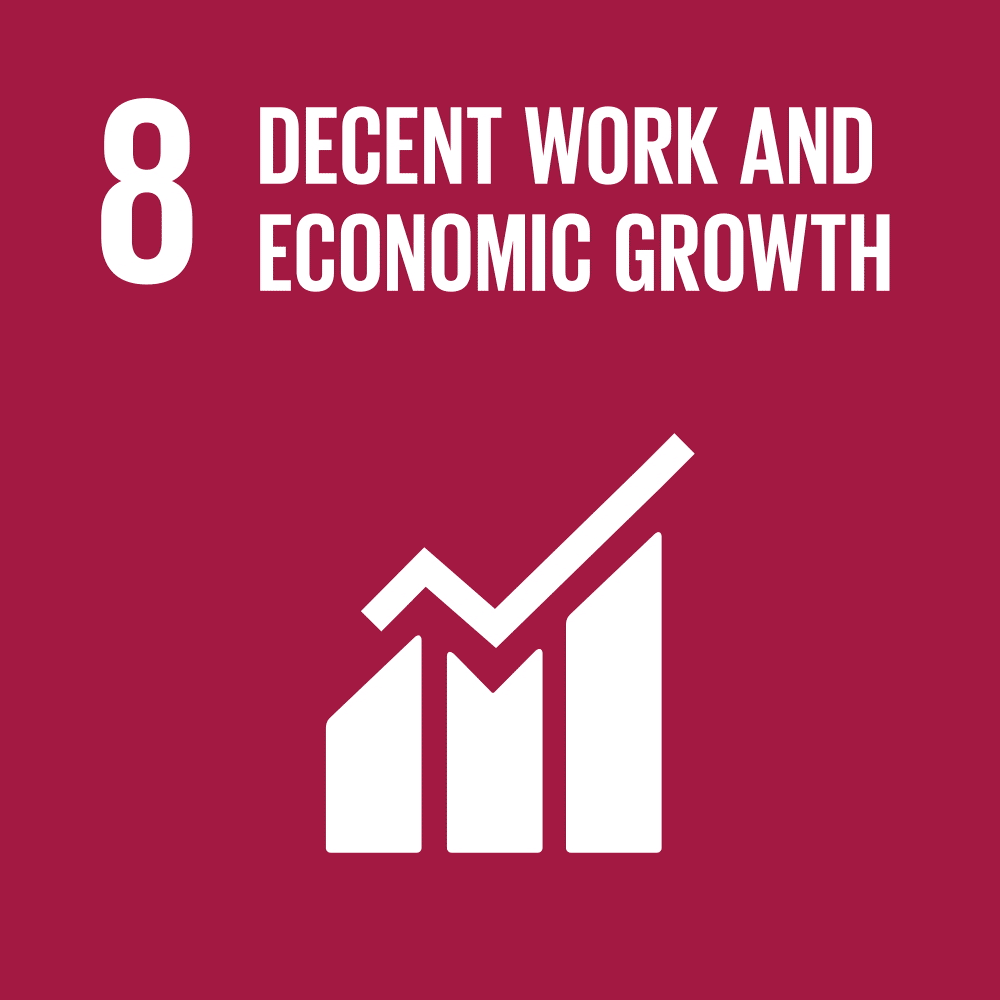

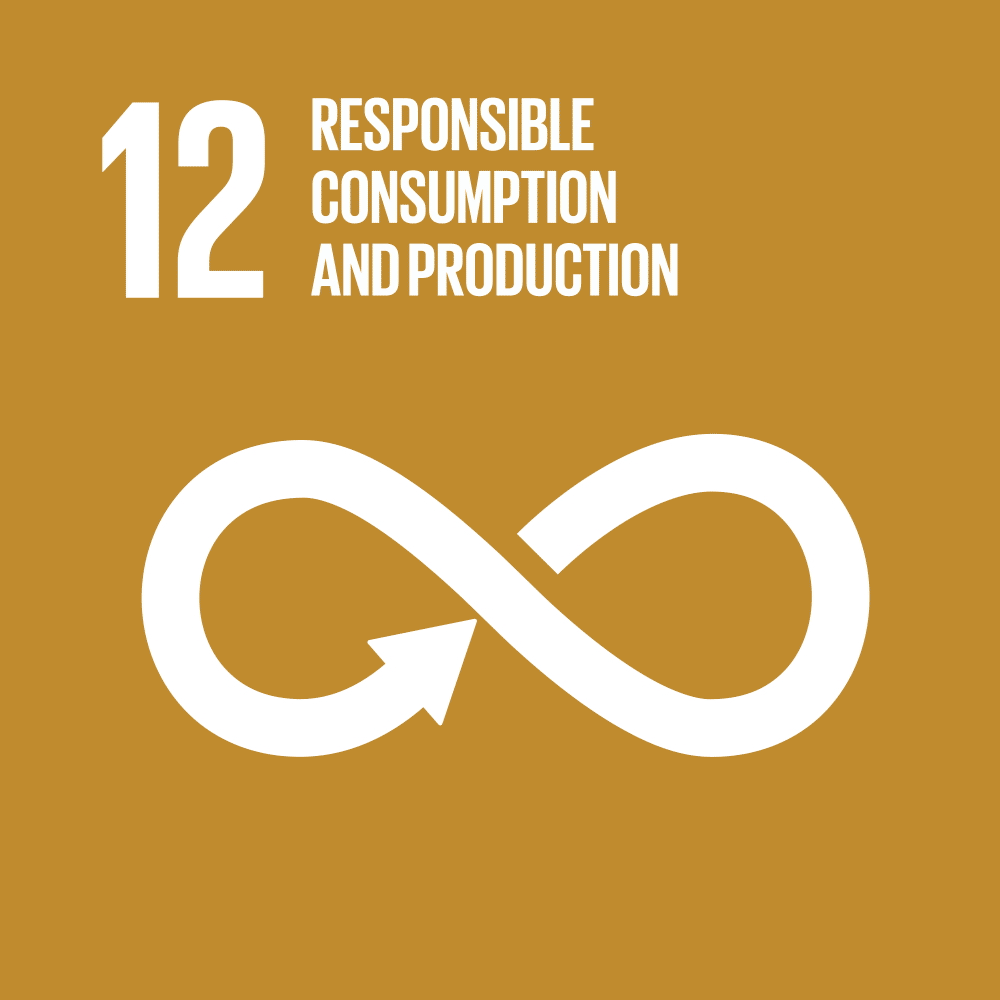
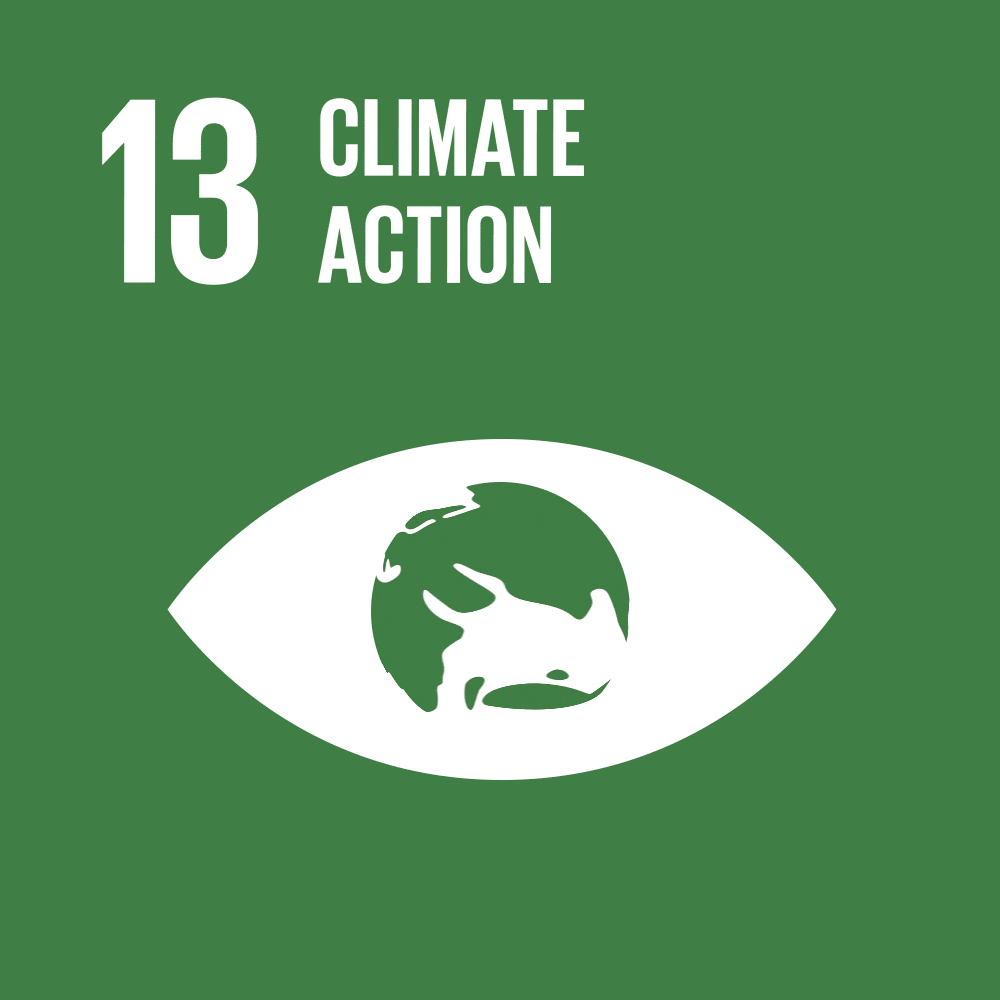



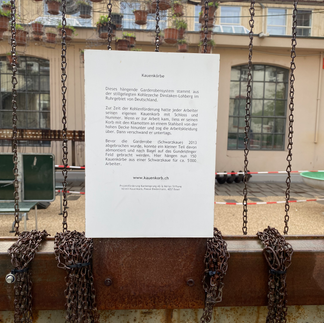





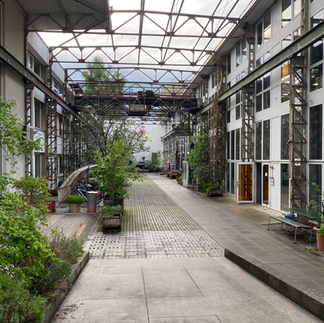

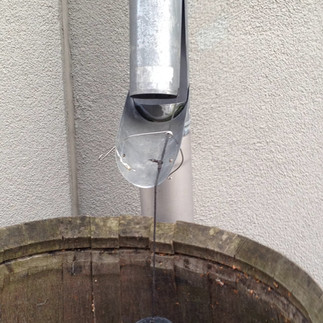









Comments